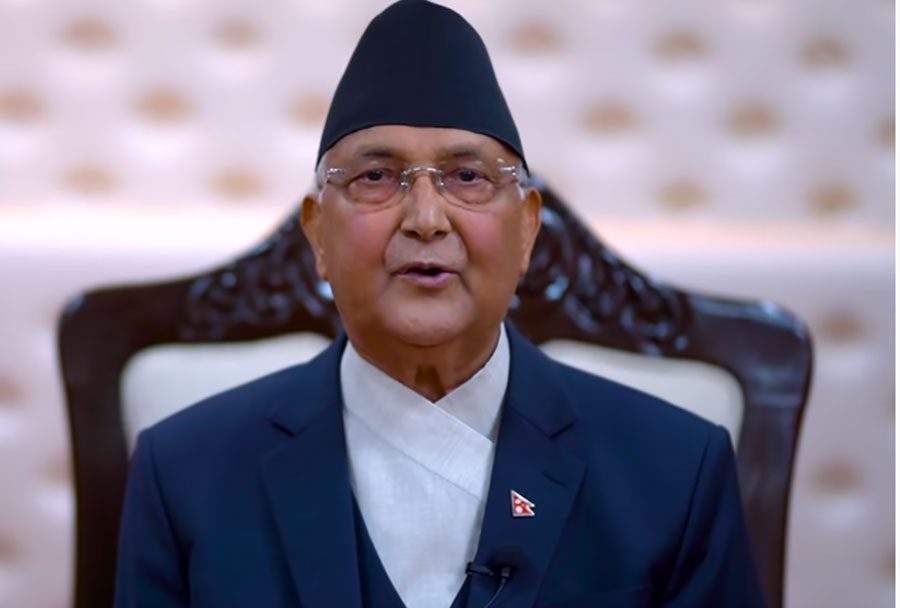Nepal’s Khadga Oli Sworn in as Prime Minister for Fourth Time
Nepal’s Khadga Oli, 72, has been sworn in as the country’s new Prime Minister, marking his fourth term in office. Oli’s Communist Party of Nepal – Unified Marxist Leninist (CPN-UML) forged a coalition government with the centre-left Nepali Congress, replacing the previous government led by Pushpa Kamal Dahal, also known as Prachanda.
The Himalayan republic of around 30 million people, surrounded by giant neighbours India and China, has seen Oli tread a fine balance between the two rivals. He has maintained cordial relations with both countries while seeking to reduce Nepal’s dependency on New Delhi.
In his oath-taking ceremony, Oli pledged to be loyal to the constitution and fulfill his duties as Prime Minister. He returns to office after previously serving as Prime Minister from 2015 to 2018 and briefly in 2021.
Oli’s predecessor, Pushpa Kamal Dahal, lost a vote of confidence on Friday, barely 18 months after taking office. Dahal, a former Maoist guerrilla commander, was forced to step down after Oli’s party withdrew its support.
Instead, Oli forged a deal with Sher Bahadur Deuba, 78, the leader of the Nepali Congress, and has promised to yield the post to Deuba later in the parliamentary term. Nepal’s next general elections are due in 2027.
With Oli’s return to office, the country’s political landscape is likely to remain volatile, with Oli’s party holding the second-largest number of seats in parliament. However, his ability to balance relations with India and China could have significant implications for Nepal’s economic and political future.
